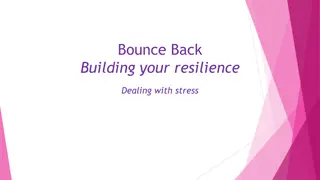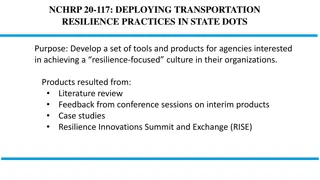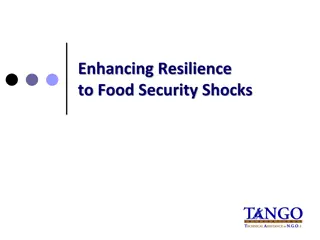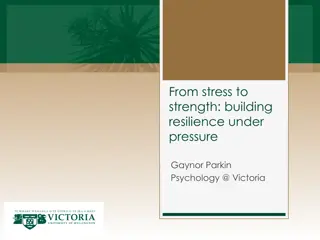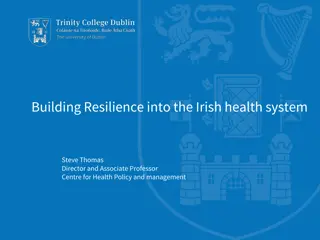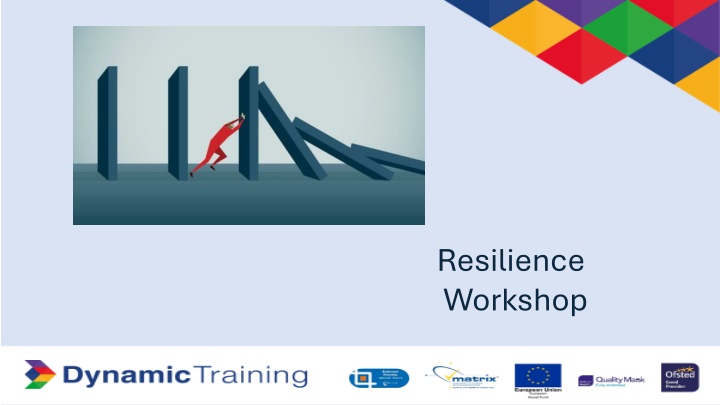
Building Resilience: Strategies and Resources for Coping Under Pressure
Discover how to build resilience and cope effectively with pressure in your NHS/work role through strategies such as deep breathing, meditation, exercise, and more. Explore useful websites and apps for additional support.
Download Presentation

Please find below an Image/Link to download the presentation.
The content on the website is provided AS IS for your information and personal use only. It may not be sold, licensed, or shared on other websites without obtaining consent from the author. If you encounter any issues during the download, it is possible that the publisher has removed the file from their server.
You are allowed to download the files provided on this website for personal or commercial use, subject to the condition that they are used lawfully. All files are the property of their respective owners.
The content on the website is provided AS IS for your information and personal use only. It may not be sold, licensed, or shared on other websites without obtaining consent from the author.
E N D
Presentation Transcript
Resilience Workshop
Resilience is defined as the ability to cope under pressure. A person who copes well under pressure is resilient. Research suggests that the ability to cope well under pressure is based on a positive outlook, combined with strategies to manage pressure . To be resilient in your NHS / Work Role is to feel able to approach the potential challenges that your role as a support worker may bring, without these impacting on your life outside of work and on your mental and physical wellbeing. It is important that you feel happy and confident within your role.
In the chat box type in what you would consider to be a risk factor for resilience.
Building Resilience Resilience
Coping Strategies Deep breathing Meditation Exercise Journaling Talking with a friend Positive thoughts Taking a bath Reading a book Aromatherapy How to improve your coping skills Identify your stressors: identify what is causing you to feel stressed, this can aid with developing positive coping mechanisms Current coping skills: how are you currently coping with the stressors are you using negative or positive coping mechanisms. Something new: try a different coping mechanism until you find one that works best for you Get into a habit: make your coping skills part of your daily routine, try taking a few minutes in your day to carry out some deep breathing exercises or try 5 minutes of meditation, try with friends and colleagues if you can. Reach out for help: if you cannot find a coping mechanism that works for you be sure to reach out for help you are not alone.
Useful Websites https://www.mind.org.uk/need-urgent-help/what-can-i-do-to-help-myself-cope/ https://www.samaritans.org/how-we-can-help/schools/deal/deal-resources/coping-strategies/ https://www.skillsforcare.org.uk/Support-for-leaders-and-managers/Managing-people/Wellbeing/Building-resilience.aspx Useful Apps Headspace Insight Timer Meditation Oasis Smiling Mind Calm Self-help for anxiety management





